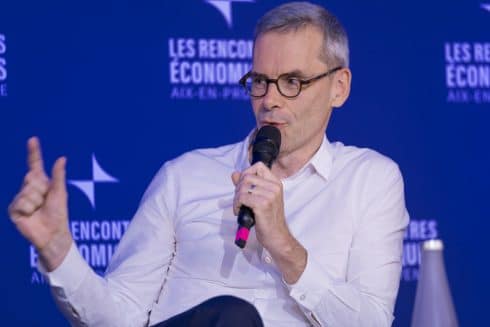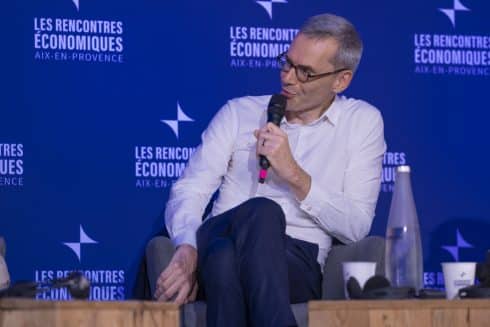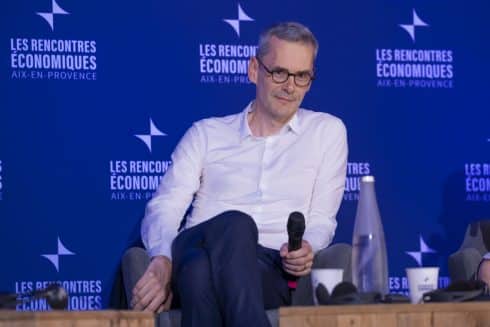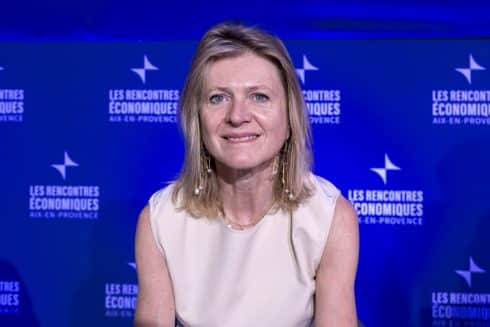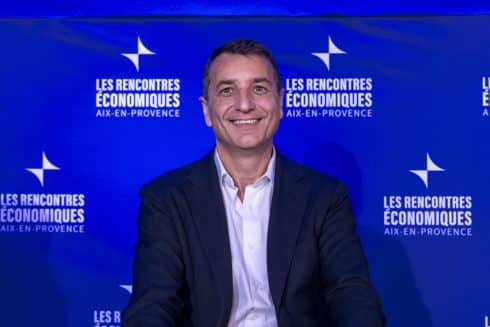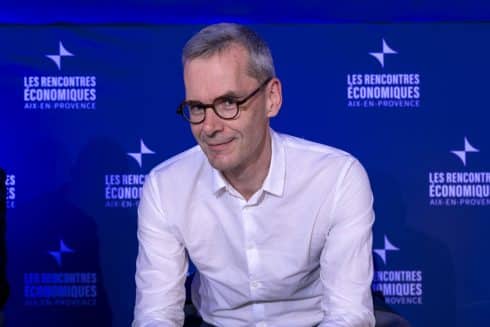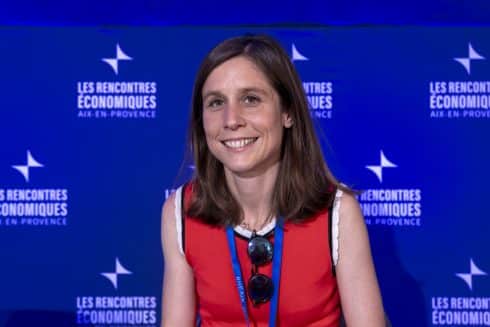Stopping the Outflow of Savings
Overview
The European Union (EU) is faced with a paradox: despite abundant savings, they continue to invest massively abroad, particularly in US markets. If European savings prefer the United States, it’s because of the higher returns on investment than those offered in the EU. Real returns on both equities (6.6% p.a.) and bonds (1.6% p.a.) have been higher than in the US since the beginning of the 21st century. By 2025, US market capitalization will account for more than 66% of global market capitalization for equities (50% for bonds). This has been accompanied by a transformation of American industry towards more innovative sectors.
This flight of European savings was particularly highlighted by the Draghi report. The report highlights the many dysfunctions of the European economy, including the sluggishness of the financial market due to lower yields and the fragmentation of financial markets within the EU. This phenomenon weakens the financing capacity of European companies, hampers the investments needed for climate, digital and military transitions, and makes it more difficult to create and develop innovative start-ups.
It is therefore crucial to thoroughly reform European capital markets, with the aim of consolidating and integrating them, to make them more competitive with American markets. What levers (fiscal, regulatory, cultural, etc.) can be used to better channel Europe’s abundant savings into the productive investments it needs?
Speakers


-
Amundi



Coordinator
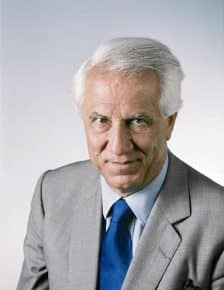
Moderator

Photo gallery









